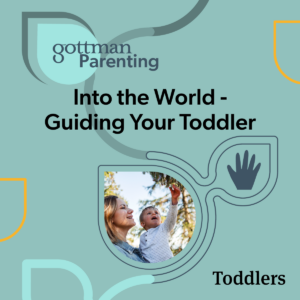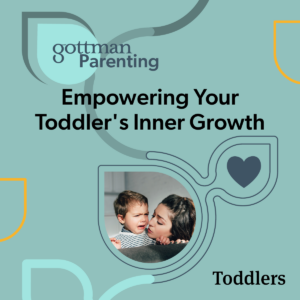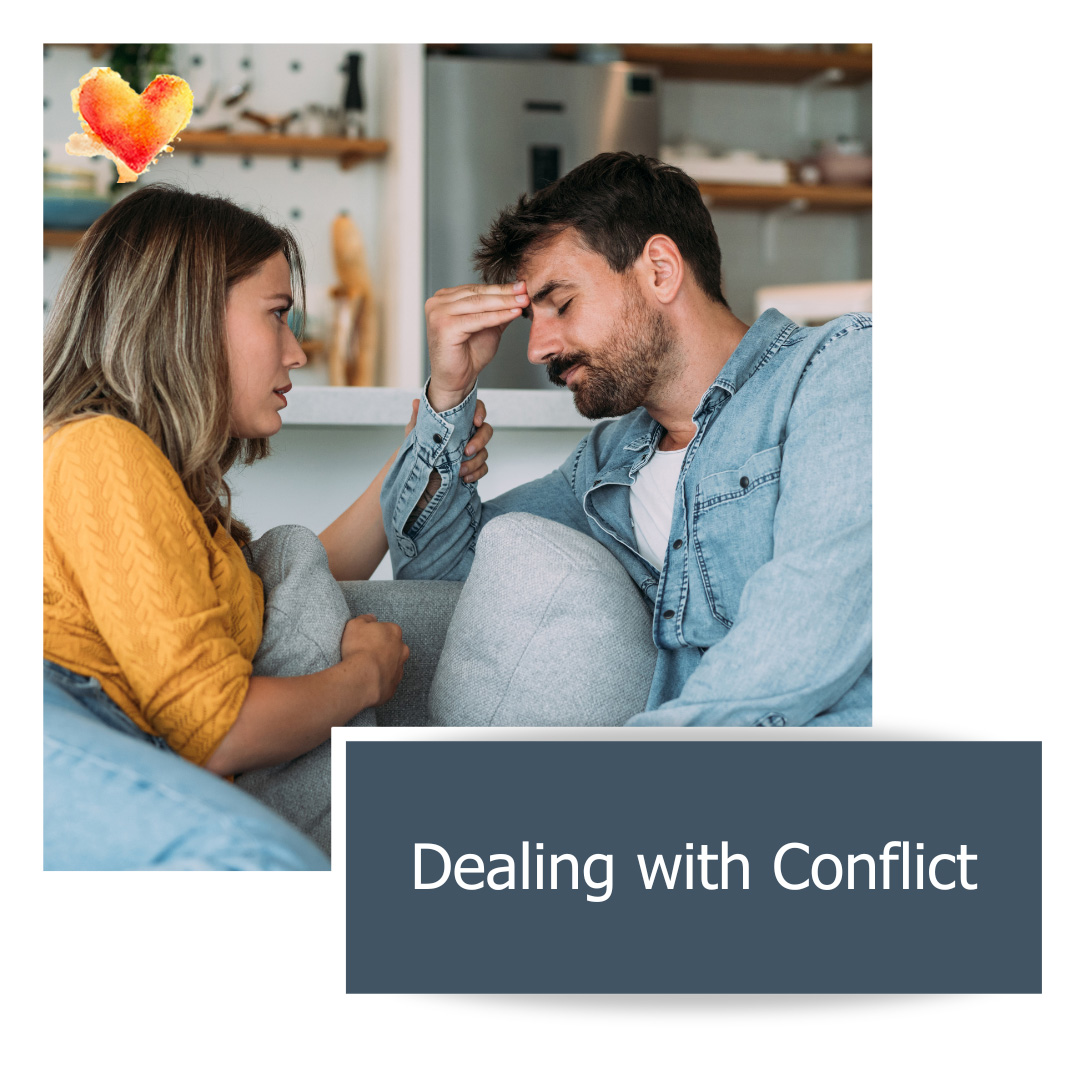To answer this question, yes, it is okay to argue in front of kids some of the time. It can actually be good for them. But the kind of argument you’re having and how you communicate your thoughts and feelings makes a BIG difference.
If arguments happen frequently or they are hostile, physical, aggressive, or include stonewalling, silent treatment, or insults, it can definitely be harmful to children. Children who are exposed to this type of conflict will often become anxious, distressed, sad, angry, and depressed. These feelings result in sleep disturbances, poor performance at school, and difficulty focusing. In the longer term, these kids may become unable to manage conflict and form healthy adult relationships.
Children learn to manage conflict by observing how the adults in their life manage disagreements and strong emotions. What I love most about the Gottman approach to conflict is that the goal is not to resolve conflict, but to regulate it. We may not all leave the situation with the exact outcome we wanted, but we will feel heard, have the opportunity to feel our feelings, understand both sides, and come to an agreement that you brainstormed together and is acceptable to both parties. These are the key ingredients to modeling healthy conflict.
Feeling All Our Feelings
Most emotions last a total of 90 seconds. If you allow yourself to feel all of them, they will move through you so that you can be more present and rational. To do this, you first have to locate the sensations in your body that are associated with a core emotion. Once you identify where it exists in the body and how it feels, you can acknowledge and breathe through it. To release, you often need to match the feeling to a sound. This isn’t expressed in words, but it might be a grunt or a scream, for example. When the feelings are matched to the sound, you can release them versus repressing or recycling them. When you feel things fully, you can then be more present to look at a situation and a set of facts through a lens that isn’t clouded with emotion.
Listening and Feeling Heard
One of the biggest challenges in approaching conflict with an individual or group is simply listening. When you give each person the opportunity to share their story and feelings, both parties will be more open to collaborating. One way to make sure that each party feels heard is by listening and then summarizing or paraphrasing what the other party shared with you.
Empathy and Perspective-Taking
Just acknowledging another person’s feelings or experiences with empathy can provide insight and perspective and at the same time create connection. You cannot move through conflict together without connection. Listening deeply and visualizing the other party’s experience will allow the person sharing to feel greater calm and connection. When you feel calm and connected, you have greater access to the prefrontal cortex of your brain, which allows you to think more rationally and creatively. Empathy can take the form of one simple statement such as, “You sound frustrated that…” The more you practice using empathy daily, the greater access to it you will have when you need it during conflict.
Collaboration
Ultimately, both parties need to come to the table willing to brainstorm. When they brainstorm solutions together, each person is more likely to accept the final decision in moving forward. Again, productive brainstorming can only happen when both people are calm and present. During the collaboration, children witness not only the process but more importantly that the parental relationship and connection are still intact.
Parental conflict comes in many forms, and depending on how conflict is managed, it can be either harmful or helpful. Healthy conflict-regulation skills modeled for children include how to process feelings and move through conflict in a way that serves both parties involved. So, is it okay to argue in front of our kids? Sometimes, yes, it is!
Read more:
Dethmer, J., Chapman, D., & Klemp, K. W. (2014). The 15 commitments of conscious leadership: A new paradigm for sustainable success. Conscious Leadership Group.
Gottman, J. M., & DeClaire, J. (1997). The heart of parenting: How to raise an emotionally intelligent child. Simon & Schuster.
Reynolds , J., Harold, G., Coleman, L., & Houlston, C. (2014). Parental Conflict: Outcomes and Interventions for Children and Families (Understanding and Strengthening Relationships) (1st ed.). Bristol University Press, Policy Press.
Want research-backed tips on parenting delivered straight to your inbox?
The Gottman Parenting newsletter is a comprehensive, inclusive resource for parents of children in all ages and stages. Join us as we tackle modern parenting challenges, explore the latest parenting research, and more.










